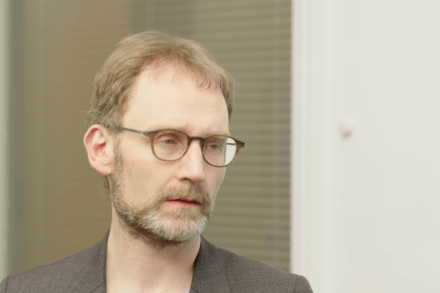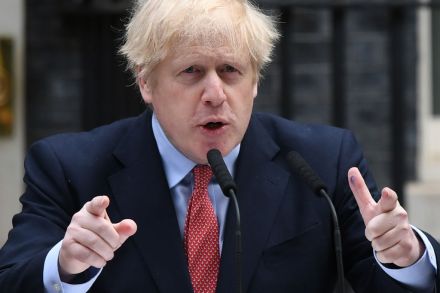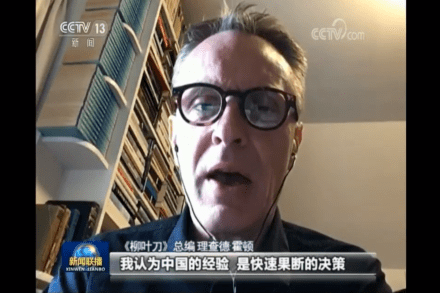Neil Ferguson’s remarkable fall from grace
I originally had Neil Ferguson down as a kind of Henry Kissinger figure. The professor of mathematical biology at Imperial College London seemed to have bewitched successive prime ministers, blinding them with his brilliance. Whenever a health emergency broke out, whether it was mad cow disease or avian flu, there he was, PowerPoint in hand, telling the leaders of the country what to do. And they invariably fell into line. In 2001, after the outbreak of foot and mouth, his team at Imperial advised Tony Blair’s government to adopt a strategy of pre-emptive culling, leading to the slaughter of more than six million animals. Gordon Brown consulted him about swine




















